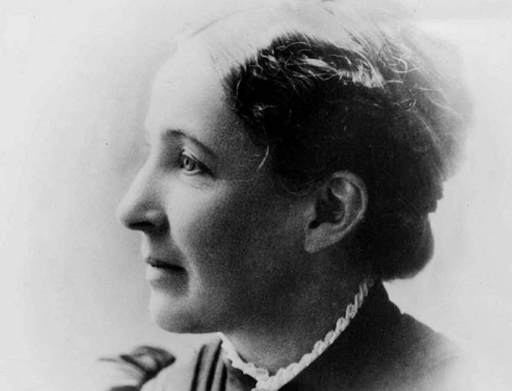Vergangenheitsbewältigung. Fair gah-ng en heights beh velt i (as in “in”) goo-ng. Good.
Now that we’ve gotten that monstrous word out of the way, allow me discuss its meaning. The word comes from German and translates to coming to terms with the past. Being a German word, it is appropriate that it is typically used to refer to how Germans deal with the history of Nazi Germany.
I spoke briefly with Sophia Strietholt, this year’s German department TA, about Vergangenheitsbewältigung (From now on, I’ll just refer to it as VB because, good lord, is it a pain to write out fully). As she puts it, VB for Germans is the sense that, while each person is not individually responsible for the actions of the Nazis, there is still a collective guilt felt by the culture as a whole: “To a German, it is not that I did it but that we did it.”
Sophia told me then how it was used in schools: starting around fifth or sixth grade, students in history classes would go through a unit describing details of what happened in the Third Reich. This would be done again every other year or so until graduation but each time focusing on a different aspect and in greater detail. She told me one time they focused on Jewish perspectives, another year looking at what had happened to provoke the rise of Nazism, and yet another year looking at the consequences of Germany’s actions. It is a system which teaches Germans what happened during the Third Reich, why these events took place and why the advocating of Nazism in any form must be eradicated.
Take a look just at current events (let alone the historical facts) in the U.S. and see that many revolve around race relations. With all of the attacks on minorities and riots that have taken place over the past few years, it is clear that, while the justification for the riots may be disputed, racism is still greatly apparent and a massive issue to be dealt with.
VB shows how, in spite of Germany having a dark history of racial and ethnic injustices, the Germans have been able to overcome that history and move on while not ignoring the injustices or pushing the blame onto someone else. Both the Holocaust and the Atlantic slave trade resulted in the deaths of millions of people, yet in the 80 years from the end of the Second World War to today, Germany has been able to come to terms with the atrocities they committed. One hundred and fifty years after the ratification of the 13th Amendment abolishing slavery, we have not.
What if, then, we tried to apply VB here in the States? With the United States’ history of atrocious treatment of minorities, particularly African- and Native Americans, it seems VB would be a good start to truly mending race relations. However, the important fact is that VB is only a start. I cannot offer an overall solution to the problem, but having a concept like VB in American culture and schools would help us fully understand what happened and why. This, then, puts us in a good position to take more educated actions in repairing the damage that has been done.
For us as a society to finally move forward with race relations, we must collectively dig deeply to find the causes for our racial divides. In the end, this cannot be done by expecting only certain groups of Americans to participate. The responsibility does not fall solely to you, me or someone else; it is our collective responsibility.




